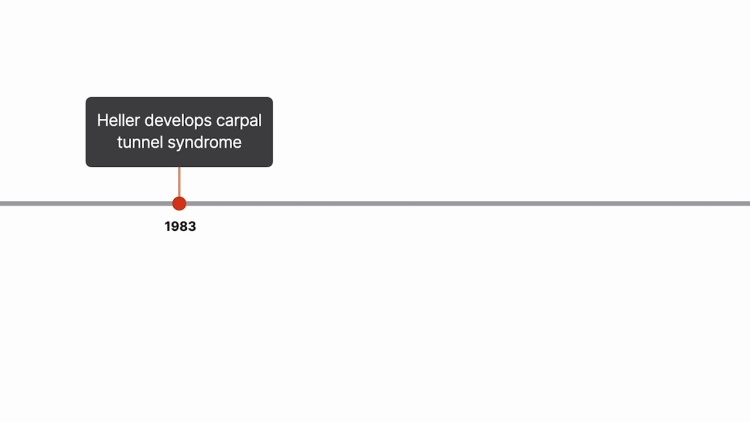Heller v. Equitable Life Assurance Society of the United States
United States Court of Appeals for the Seventh Circuit
833 F.2d 1253 (1987)
- Written by Genan Zilkha, JD
Facts
Dr. Stanley Heller (plaintiff) is a doctor specializing in invasive cardiology. In April 1983, Heller was issued a disability-income policy from Equitable Life Assurance Society of the United States (Equitable) (defendant). Under that policy, if Heller became totally disabled, he would receive $7,000 per month. Total disability was defined by the policy as “the complete inability of the Insured, because of injury or sickness, to engage in the Insured's regular occupation, . . . provided, however, the total disability will not be considered to exist for any period during which the Insured is not under the regular care and attendance of a physician.” In 1983, Heller developed carpel tunnel syndrome. Thus, by March 1984, Heller could not practice invasive cardiology. Heller applied for benefits under his policy with Equitable. Equitable paid Heller monthly until May 1985. Equitable stopped paying Heller, because Heller refused to undergo recommended carpel tunnel syndrome surgery. Therefore, according to Equitable, Heller was not under a physician’s care and was therefore no longer totally disabled under the policy. Heller sued Equitable, seeking a declaratory judgment that Equitable breached the insurance contract. The trial court determined that Heller was entitled to receive monthly disability-income payments under his insurance contract. Equitable appealed.
Rule of Law
Issue
Holding and Reasoning (Coffey, J.)
What to do next…
Here's why 907,000 law students have relied on our case briefs:
- Written by law professors and practitioners, not other law students. 47,100 briefs, keyed to 996 casebooks. Top-notch customer support.
- The right amount of information, includes the facts, issues, rule of law, holding and reasoning, and any concurrences and dissents.
- Access in your classes, works on your mobile and tablet. Massive library of related video lessons and high quality multiple-choice questions.
- Easy to use, uniform format for every case brief. Written in plain English, not in legalese. Our briefs summarize and simplify; they don’t just repeat the court’s language.





